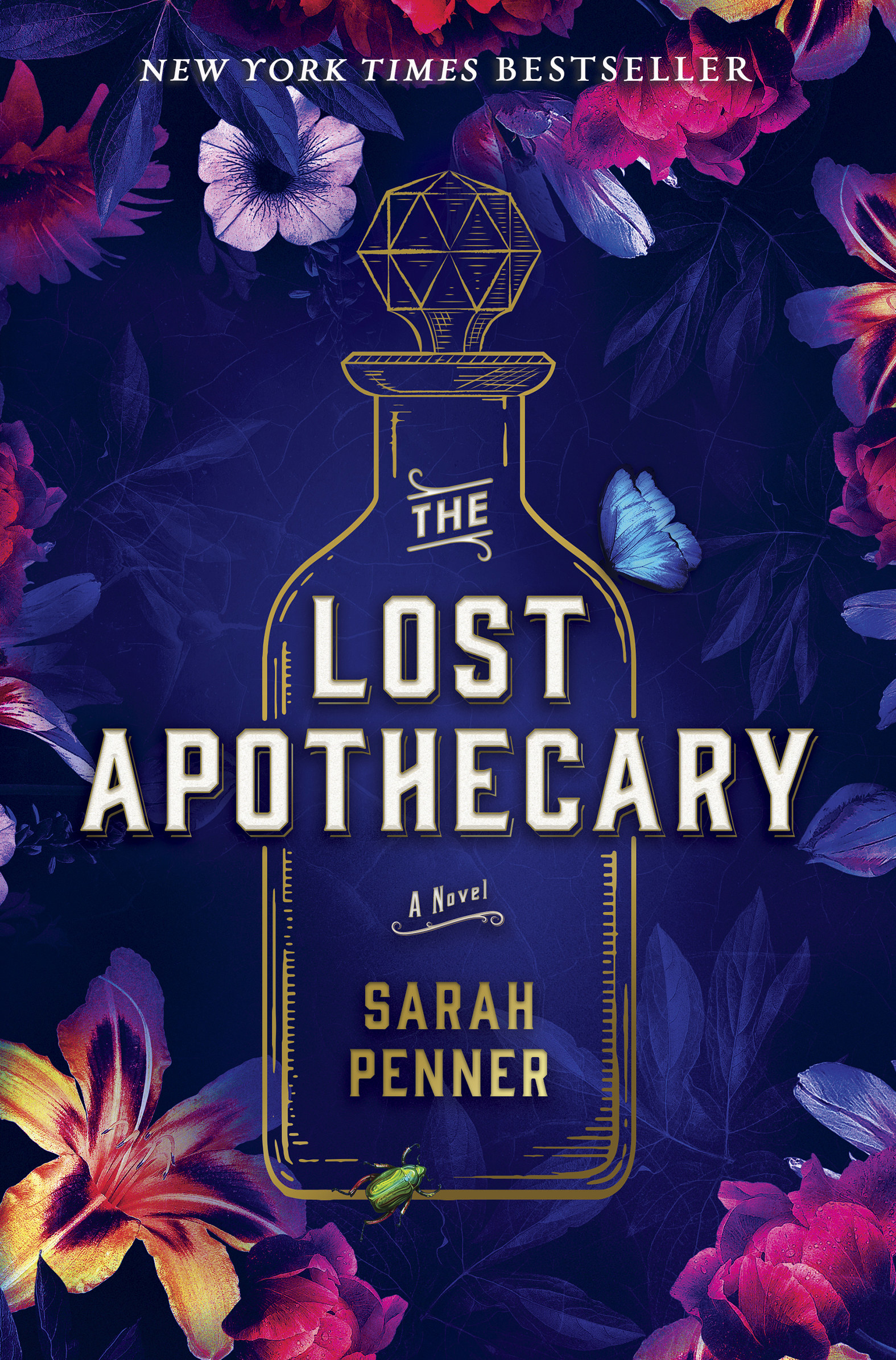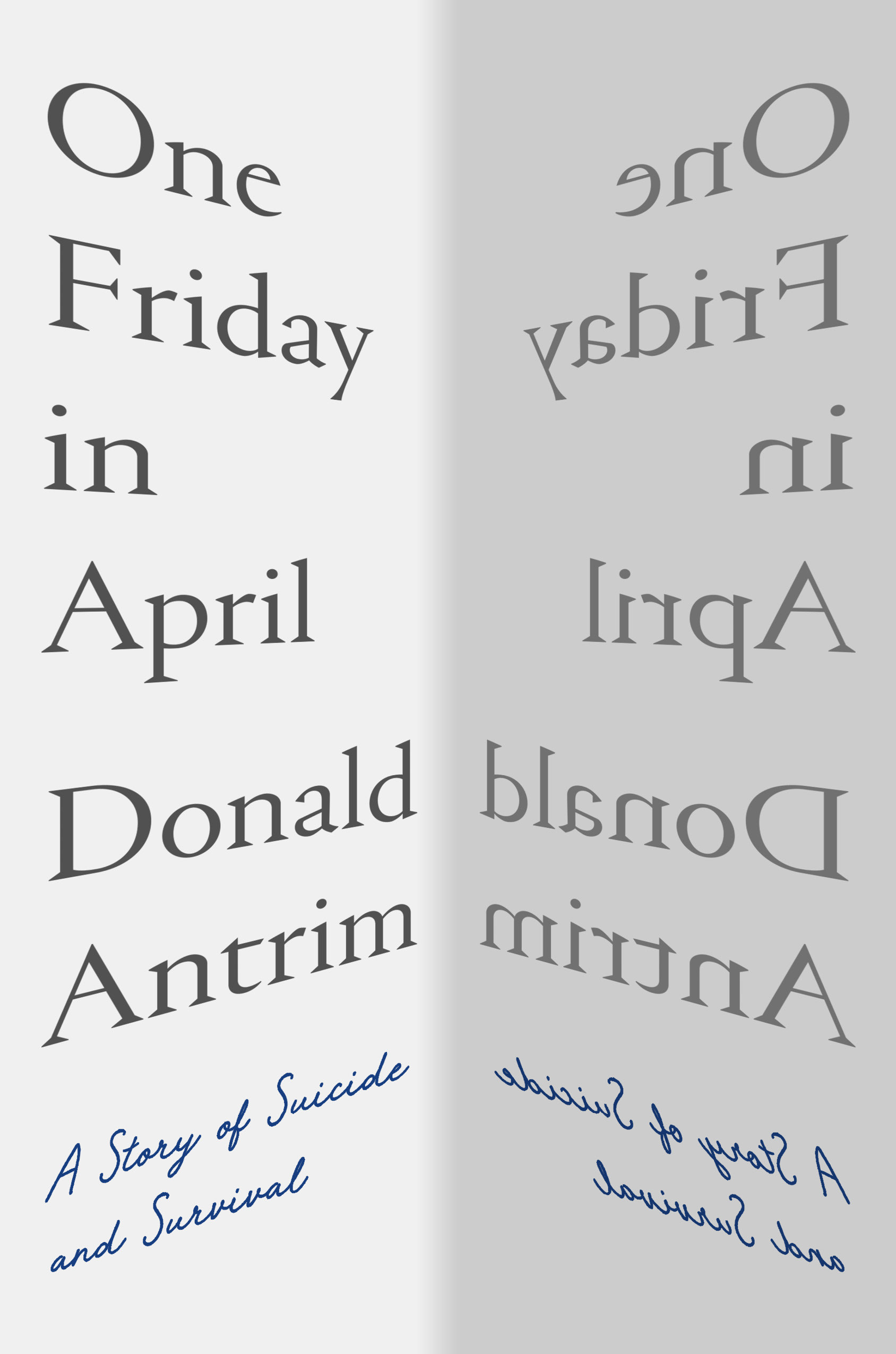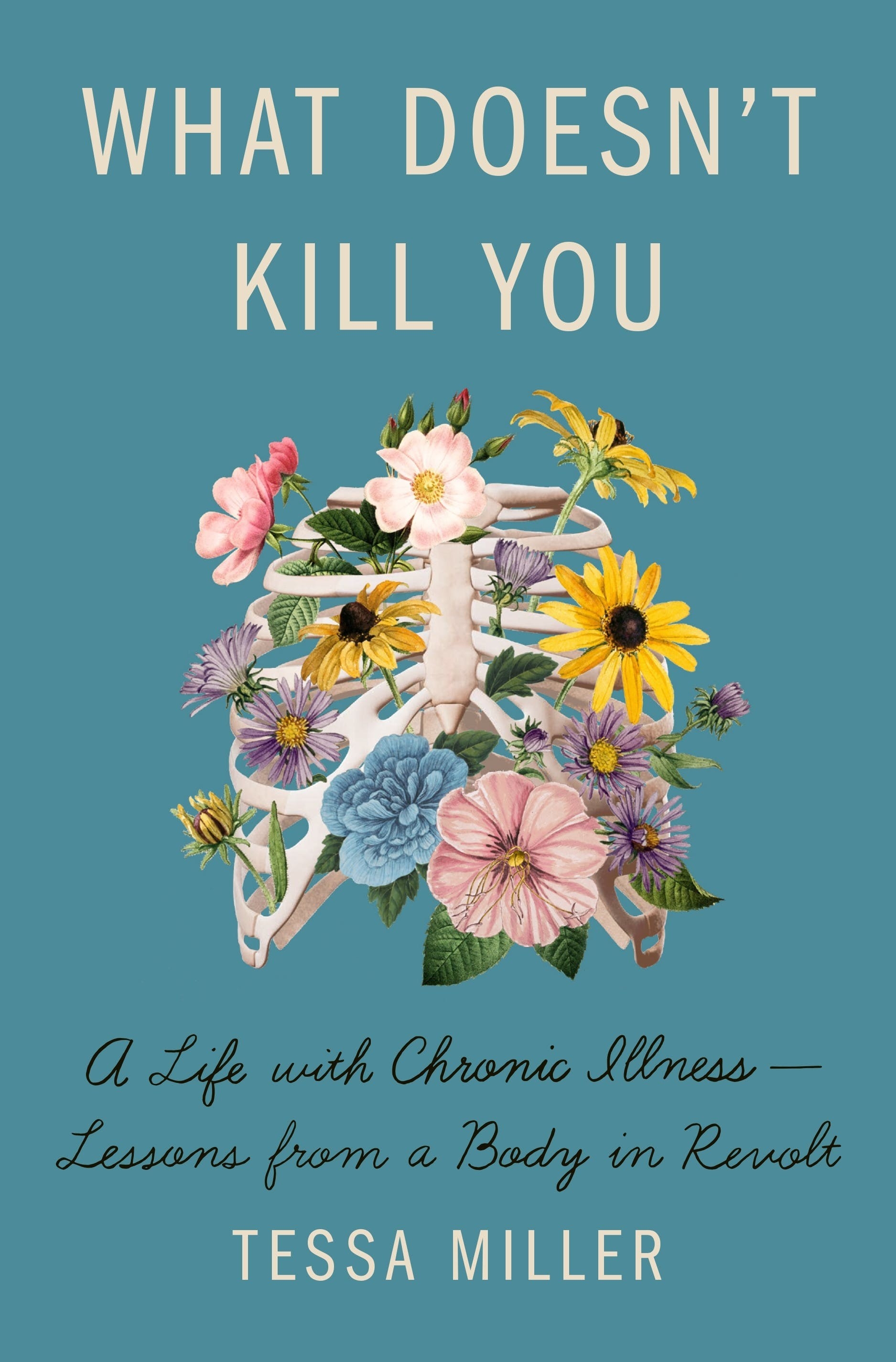Fiction
Afterparties by Anthony Veasna So
That So died so young and suddenly certainly adds to the eerie sense of promise and potential in his posthumous debut collection, but rest assured, So knew he was going to be a star and this collection proves it. From the first story about two sisters working at a donut shop and speculating on the customer who comes in late at night to a virtuosic screenplay rendering of a family wedding with secrets unearthed to the gut-wrenching final story based on So’s mother’s family history — the writing is electric and original. —Tomi Obaro
Beautiful World, Where Are You by Sally Rooney
Those familiar with Rooney’s last two books, Normal People and Conversations with Friends — both since adapted for the screen, and both hailed as landmarks of millennial fiction (whatever that really is) — will find more classic Rooneyisms in Beautiful World: deceptively simple sentences that are a real pleasure to read, skinny, pale, and brooding characters figuring out adulthood in modern Ireland. This time, we meet Alice, a young Irish novelist, whose long emails exchanged with best friend Eileen reflect her anxieties and ambivalences about literary fame, modern culture, impending social collapse, and the role of religion in their lives.
These emails, placed interstitially as chapters throughout the novel — which is otherwise written in a distant third person — are the only times we can really get in these womens’ heads. To some readers (at least, some of the friends I’ve had feverish debriefs with after we devoured the book), the emails are self-indulgent drags; I know at least two people who skimmed them. But I found the letters, loving exchanges between friends with (in typical Rooney fashion) major class differences and positionalities, to be lovely, moving, and even profound.
To the extent the book is “about” anything, both Alice and Eileen have love interests; to me, though, they’re the least interesting bits. I loved spending time in Rooney’s characters’ heads — they’re frustrating and funny, petty and loving, fallible and human. —Shannon Keating
The Archer by Shruti Swamy
Though Swamy’s debut novel examines the lack of agency for mothers in 1960s and '70s Bombay — her protagonist’s struggles are equally relevant today. Vidya’s young life is defined by her mother’s mental illness and eventual suicide. Vidya’s mother was deeply unhappy with motherhood and the ways in which society controls women’s actions. After her mother’s death, Vidya vows never to have children and to devote herself to Kathak dancing instead. Dance feels like breathing for Vidya, but when she becomes pregnant later in the novel, she struggles with how to balance her art with motherhood. Swamy’s immersive and vivid writing comes across beautifully in Sneha Mathan’s narration of the audiobook. —Margaret Kingsbury
What Strange Paradise by Omar El Akkad
This novel follows a 9-year-old Syrian boy, Amir, who has washed up as the sole survivor of a refugee boat that sank near a small island. He’s rescued by Vӓnna, a local teenage girl, who seems to feel her own kind of displacement even at home. The chapters alternate between Amir’s life before getting to the island and the journey he and Vӓnna take toward safety. In a little more than 250 pages, El Akkad manages to write a book about family, masculinity, migration, language, humanity (or a lack thereof), and innocence. Every word feels essential, and every chapter is quietly devastating until you reach the novel’s conclusion, a chapter that I’m confident every reader will remember for the rest of their lives. The story is brutal but compassionate, one that humanizes migrants so often stripped of their humanity as soon as they become “migrants.”
El Akkad is infuriating because his prose is perfect, and his characters are more vivid than some people I know in real life. It’s devastating and, at times, hopeful, and even when his characters act without compassion, El Akkad always rights the ship back toward tenderness. What Strange Paradise cements El Akkad as one of the best writers alive today: clairvoyant, heartbreaking, and exceptional. —Scaachi Koul
The Prophets by Robert Jones Jr.
Although it’s been classified as historical fiction, when it comes down to the heart and soul of this beautifully written debut novel by Robert Jones Jr., it's a love story at its core. Jones explores the forbidden romance between two enslaved boys — Isaiah and Samuel — in the Deep South, who find solace and safety in one another, despite their circumstances and the negative forces trying to tear them apart. Darkness becomes their best friend — the only time when they feel secure enough to strip away from their reality and come together as one. Told from multiple perspectives, Jones seamlessly intertwines names and themes from the Bible with the merciless treatment of enslaved people to bring readers a story that’s equally uncomfortable as it is alluring. The multiple narratives can feel a little overwhelming at first, but it quickly becomes clear how these vivid characters and their various perspectives illuminate this tale. I appreciate how honest Jones is with his writing, because even during those graphic moments where I would’ve preferred to shield my eyes from the atrocities Isaiah and Samuel were subjected to, I ultimately knew how important it was for these truths to be told. It’s a powerful telling of a resilient love that will leave you starving for more. —Morgan Murrell
No One Is Talking About This by Patricia Lockwood
I nearly didn’t finish this book. Not because I found fault with the writing — Lockwood is a brilliant, hilarious, and truly original writer. But in mid-2021, when I first picked it up, I was interested in escaping the increasingly dystopian internet landscape, and I wasn’t sure if a fictionalized account of a woman achieving social media fame in something deemed “the portal” would offer me the kind of escapism I craved. Indeed, in the first half of the book, Lockwood’s narrator sinks further into the portal’s bizarro world of endless jokes and strange images as a dictator takes over and climate collapse looms. A little too on the nose for me!
But just when I was about to set the book aside, something changed. The narrator receives two texts from her mother, asking her to come home — something has gone wrong with her sister’s pregnancy.
What unfolds throughout the rest of the novel is nothing short of astonishing. Lockwood has fictionalized a true tragedy from her own family’s life, and the way she imbues her irony-pilled narrator with an ever-greater knowledge of what is good and right in true in an increasingly dark and chaotic world frequently brought me to tears. I’ve never read anything like it. —Shannon Keating
Somebody Loves You by Mona Arshi
The poignant and poetic vignettes that comprise Somebody Loves You are at first startling in their interplay between fantasy and reality, but while Ruby’s child perspective may lend itself to the whimsical at times — and especially in the beginning — her narrative is steeped in the reality and traumas of life as a South Asian girl in England. When Ruby begins elementary school, she chooses to become silent, observing the world instead of letting her voice impact it. In Ruby’s small day-to-day observances, the reader sees a mother’s mental illness unfold, the devastating impact of a neighbor’s racism, and the fraught bond between sisters unravel and weave back together again. Lovely, funny, and heartbreaking, this liminal glimpse into a child’s life is unforgettable. —M.K.
Detransition, Baby by Torrey Peters
In what might be a queasy premise in the hands of a less capable writer, Peters tackles the bogeyman of detransitioning and queer parenting in this thoughtful novel about an unconventional trio. Reese is a trans woman in her mid-30s who wants to become a mother and is feeling somewhat rudderless in a series of dead-end jobs with dead-end boyfriends. Ames, formerly known as Amy before he detransitioned, has just gotten his boss, Katrina pregnant. He reaches out to Reese, whom he dated before he detransitioned, to see if she might be interested in coparenting. It’s a premise that feels a little unbelievable, but it’s really a way for Peters to dig into the backstories of Ames and Reese, their relationships to themselves and their gender identity. Peters is so observant and shrewd about race, class, and intersectionality; she writes movingly about the ways sex can be used to disassociate. It’s a book I spent a long time thinking about after I read it. —T.O.
The Lost Apothecary by Sarah Penner

When an apothecary begins to secretly dispense poisons to help liberate other women who have been wronged by the men in their lives, things take a turn for the worse — that was the short synopsis I read about this book before officially diving in and it had me hooked! Once I actually cracked it open, it didn’t take long for me to become completely enthralled. Penner takes readers on an unforgettable adventure, traveling through time between the dark alleys of 18th-century London with Nella and her hidden apothecary shop to modern-day London with aspiring historian Caroline, who stumbles upon one of Nella’s old vials. While the story initially presents itself as a murder mystery, once you peel back the layers, it quickly unfolds into a tale of women reclaiming their agency and their sense of self. It was amazing to see women protagonists learning to put themselves first, despite the people they would have to leave behind in the process. The way the author weaves together the intricate historical details, while also remaining true to the social norms of those time periods, does not go unnoticed. The writing was compelling, fun, and with just the right amount of imagination to keep me engaged from beginning to end. —M.M.
The Sentence by Louise Erdrich
It seems odd to call a book delightful when it tackles such decidedly undelightful topics: the pandemic, a ghost haunting, an indigenous woman wrongfully accused of a crime and sentenced to 60 years in prison, police brutality, the entire year of 2020. Yet this novel, with its spiky yet warm main character and homage to the world of bookselling and reading, is an utterly delightful read that doesn't shy away from 2020's misery and uncertainty. Much of the novel takes place in author Louise Erdrich's bookstore, Birchbark Books. When Tookie is released from prison after a much shorter sentence than she originally received, she begins working in the bookstore. She also reunites with the man who arrested her and the two marry. Shortly before the pandemic, a frequent customer, Flora, dies and begins haunting the bookstore, particularly Tookie. Flora was the kind of white woman who longed to be indigenous and frequently invented ties to the indigenous community, although she also donated to the community. At first, her ghost is content to wander amongst the shelves, idly flipping through books, but when the pandemic hits, the ghost becomes more sinister. Sentences in multiple forms play an essential role in the novel, from prison sentences to favorite sentences from books. While the novel does meander from its ghostly plot, the bookish odes and conversations, as well as Tookie's family life, are such a joy to read that the reader will hardly mind. The novel is likely to become the book to read about the pandemic. —M.K. (From "25 New And Upcoming Books You Won’t Be Able To Put Down")
The Committed by Viet Thanh Nguyen
In 2015’s The Sympathizer, Nguyen’s Pulitzer Prize–winning debut novel, an unnamed spy documents the hypocrisies of the Vietnam War from his unique vantage point as a half-French, half-Vietnamese double agent. He’s embedded in a South Vietnamese operation based in California, while secretly working on behalf of the Communist North Vietnamese. After surviving torture in a reeducation camp, the spy sets sail for France on a refugee boat with Bon, one of his best friends and fellow South Vietnamese soldier, who doesn’t know about the spy’s Communist past.
And that’s where The Committed picks up, as our unnamed protagonist joins Bon in a seedy drug-selling operation. In his spare time, he reads theorists like Fanon. Part action-packed thriller, part trenchant critique on myriad evils of imperialism, The Committed is an incisive and thought-provoking read. —T.O.
The Wrong End of the Telescope by Rabih Alameddine
Mina, a physician who grew up in Beirut and is the trans daughter of a Syrian mother and Lebanese father, receives an invitation from a nurse friend to come to Lesbos to offer her medical and translation services. Her brother Mezan, the only member of her family she still speaks to, will meet her there as well.
Written in short chapters and addressed to an unnamed acquaintance who, like Alameddine, is a gay Lebanese writer, Mina oscillates between her own memories: meeting her wife, Francine, her decadeslong estrangement from her family, and the stories of refugees on Lesbos. She meets a Syrian family whose wife and mother, Sumaiya, has advanced cancer and doesn’t want her children to know. Mina watches venal white volunteers ask for selfies and European journalists make racist assumptions about the people they interview. The refugee crisis has become the kind of slowly unfolding calamity that can invite a lot of overwrought trauma porn; Alameddine resists that temptation here, opting for nuanced and insightful reflections on ordinary people trapped in horrific circumstances often caused by the countries whose asylum they now seek. —T.O. (From "25 New And Upcoming Books You Won’t Be Able To Put Down")
Fight Night by Miriam Toews
Like the best of Toews’ novels, Fight Night deals with weighty subjects — suicide, aging, illness, and mortality — with a keen sense of humor. Swiv, a spunky 9-year-old who has been suspended from school, writes letters to her absent father. The letters are mostly about her grandma, a chronically ill firecracker who loves to rile her daughter, Swiv’s mother, who is a struggling actor pregnant with a baby they’ve all dubbed Gord. When Swiv and her grandmother leave their Toronto apartment to visit relatives in Fresno, California, Swiv learns more about her family’s true fighting spirit. Like Toews herself, Swiv comes from a family of Mennonites, a minority Christian sect with strict gender roles for its dwindling populace. Her aunt and grandfather killed themselves and the shadow of that loss haunts both her grandmother and her mother, but they both cope, or fight as Swiv puts it, in different ways. As a narrator, Swiv is charming and hilarious, her grandmother even moreso. I laughed and cried reading this book; I can’t think of a higher endorsement. —T.O. (From “25 New And Upcoming Books You Won’t Be Able To Put Down”)
Nonfiction
Things I Have Withheld by Kei Miller
I think this is the essay collection I recommended the most this year. Miller, known primarily for his poetry, is just so smart and thoughtful and nuanced about all things, especially race and class and queerness. Experimental in form, his essays range from explorations of race and class in his native Jamaica to the surprising alienation of visiting Kenya and Senegal as a Caribbean man to the community of Black queer boys who he hangs out with in Kingston. Just a lovely, thoughtful read. —T. O.
Crying in H Mart by Michelle Zauner
An extension of the 2018 New Yorker essay of the same name, the book is part eulogy for her late mother and part love letter to Korean food and culture. Zauner (who fronts the indie-rock band Japanese Breakfast) writes with sobering clarity about her depression, her mother’s cancer diagnosis, and the food they ate together, with the titular Korean American supermarket at its core. She shares in elegant prose her experience growing up with a dual ethnicity and longing to feel at home; Oregonians, in particular, will enjoy reading about her upbringing in Eugene and her countless local references. It’s an evergreen tale of grieving, coping, and exploring the culinary palates that make up Zauner’s vibrant world. Like a home-cooked meal, this one should be savored. —Emerson Malone
Empire of Pain: The Secret History of the Sackler Dynasty by Patrick Radden Keefe
It takes a talented writer to make a nonfiction book feel like a sweeping, multidimensional novel, but Keefe accomplishes it in his excellent Empire of Pain. Keefe, a New Yorker staff writer, follows the trail of the US opioid epidemic all the way back to the root, unraveling how one family caused massive amounts of heartache and destruction.
It’s remarkable how Keefe is able to distill such a complicated story into one that really comes down to just a few people: the three Sackler brothers; one company, Purdue Pharma; and one drug, Oxycontin. In his telling, each brother is ambitious and hungry for attention and fame, but none as much as oldest brother Arthur, who Keefe paints as an almost maniacally ambitious man who set the stage for generations of his family to pursue money in the pursuit of literally anything else. Each subsequent cast of Sackler relatives, the cold and calculating Richard Sackler of the next generation, and the hypocritical and out-of-touch David Sackler of the next, shows how money and power can rot a family tree to its core. Keefe is able to so intimately describe each Sackler he profiles it almost feels like you are reading a transcript of their own inner monologues, a remarkable feat.
Ultimately, this is a book about how a few misguided and greedy people can cause an outside amount of damage on the world and impact far more lives than they ever could have imagined. Isn’t that the perfect read for 2021? —Stephanie McNeal
In this memoir, Miller deftly tackles her life with Crohn’s disease while dissecting how the medical community treats people with chronic illnesses — especially women — and giving advice for those living with a chronic illness. Her writing moves from raw and sometimes grotesque bodily details to outrage at a US medical system that consistently fails the chronically ill and disabled community. Miller’s narrative is not that of a person who wants their story to be pitied. Rather, it’s an up-close glimpse into Crohn’s and the ways any body, not just Miller’s own, can revolt, and it’s a call for change in the medical community. As a reader with chronic illnesses, I found myself intensely relating to Miller’s impotent frustration at her body as well as her descriptions and advice about medical PTSD and the ways illness can trigger past traumas. —M.K.
A Little Devil in America: Notes in Praise of Black Performance by Hanif Abdurraqib
When’s the last time a performance truly touched you? I mean, stopped you in your tracks, left your mouth agape, opened up your soul-type of performance? Abdurraqib, an occasional BuzzFeed News contributor, describes these euphoric instances of music and dance with such detail and elation, it almost feels like you’re listening to a friend pour their heart out about a night that changed their life. From televised dance marathons and blackface to Merry Clayton’s iconic background vocals on the Rolling Stones song “Gimme Shelter” to the Beyoncé effect, Abdurraqib not only speaks poetically of the impact these productions had on him, but also the historical and cultural significance they’ve played in society throughout the years. I found myself taking a deep dive on YouTube after every chapter, just so I could feel a slither of what he was chronicling. One of the most remarkable things about Abdurraqib’s love letter to Black performance is the unapologetic and brazen way he delivers his perspective while also dousing readers in the nuances of that same topic. And although art is subjective, he affirms just how liberating it can be.
—M.M.
Seek You: A Journey Through American Loneliness by Kristen Radtke
Radtke looks at the US’s unique brand of loneliness and the myriad ways we as a culture suppress it; it can weaken your immune system, make you hypervigilant, take years off your life expectancy, and perforate your reality. She considers what it means to be alone from an anthropological, biological, and pop cultural perspective; she asks what we can learn about longing and alienation from Emily Dickinson, Princess Diana, Don Draper, or Yayoi Kusama. The core American tenet of rugged cowboy individualism has unraveled into an epidemic of loneliness. The illustrations of Seek You are stunning, a complement to the sobering thought exercise in understanding one’s solitary position in the universe. —E.M.
Read an excerpt here.
One Friday in April: A Story of Suicide and Survival by Donald Antrim

Donald Antrim’s newest memoir, One Friday in April, has stuck with me since I first read it earlier this year. With exceptional clarity and tremendous self-compassion, Antrim methodically recounts the moments that led up to committing himself to a psychiatric hospital for several months and the harrowing experience of trying to find the help he needed to bring himself back from psychosis, including treatments of ECT. It’s the clearest account of bringing oneself back from the brink of mental collapse I can remember. It’s also a masterwork of empathy. (Disclosure: Donald Antrim was my professor at Columbia University in 2009.) —Karolina Waclawiak
Three Girls From Bronzeville by Dawn Turner
Chicago journalist Dawn Turner charts the divergent paths of three little girls — her younger sister Kim, her childhood best friend Debra, and Dawn herself — in this powerful memoir. Growing up together in a housing complex in 1970s Bronzeville, Turner is an ambitious student, while her younger sister Kim skips school and mouths off to their mother. Debra, meanwhile, is a class clown, who, as she ages, becomes more interested in partying and drugs. While Turner goes on to become an accomplished journalist, Kim, who has an alcohol addiction, dies of a heart attack at only 24, while Debra is eventually imprisoned for killing a man. How these girls — who grew up in the same building in a working-class neighborhood once famous for its Black luminaries but besieged by institutional neglect, violence, and drug addiction — had such different life experiences is the central question of this book. Turner provides no easy answers while passing no judgment. —T.O. (From “25 New And Upcoming Books You Won’t Be Able To Put Down”)
Concepcion: An Immigrant Family's Fortunes by Albert Samaha
Albert Samaha’s Concepcion is probably the most satisfying first-gen immigrant memoir I’ve read in recent memory. As he reaches the age his mother was when she migrated to the US from the Philippines, Samaha investigates his mother’s beliefs that led her here, their family history, and whether a life in America was worth it after all. Samaha, who is half Filipino and half Lebanese, charts not just his family’s immigration story, but the story of countless others who came around that time too. Part-memoir and part-journalistic venture, Concepcion is both a time capsule about a family’s hopes and desires, as well as a history lesson for those who don’t know much about US immigration, Spanish colonialism, and the legacy of imperialism. It’s a personal story that only a reporter could write. (Full disclosure: Samaha is an editor at BuzzFeed News, and I also wrote a blurb for his book before its release.)
The book is, at once, informative but approachable, heartbreaking but hopeful. It doesn’t matter where your family is from, where they ended up, or where you think you belong — Concepcion speaks to the inherently human desire to build something better. —Scaachi Koul (From "25 New And Upcoming Books You Won’t Be Able To Put Down")●








